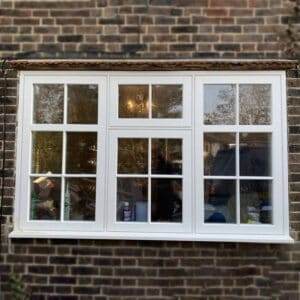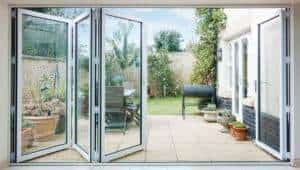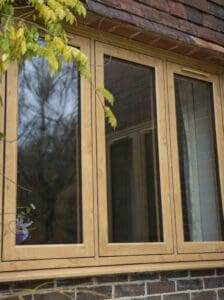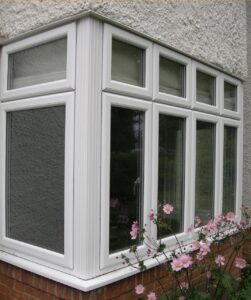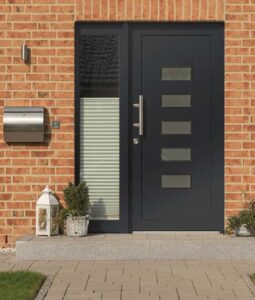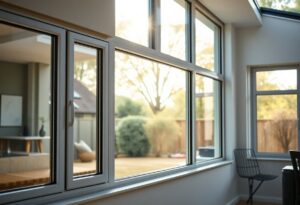Obtaining a comprehensive understanding of window warranty terms is imperative for any homeowner. Window warranties can vary significantly, and not being well-versed in the intricate details can lead to costly mistakes. In this guide, we will delve into the important aspects of window warranty terms, providing you with the knowledge to make informed decisions when purchasing new windows for your home. For a more in-depth guide, you can refer to Understanding Warranty on Windows: A Comprehensive …
Key Takeaways:
- Understanding the coverage: It is crucial to carefully read and understand the terms of the warranty to know what is covered and what is not.
- Duration of the warranty: Pay attention to the length of the warranty period and any conditions that may affect its validity over time.
- Exclusions and limitations: Be aware of any exclusions or limitations that may void the warranty, such as improper installation or maintenance.
- Transferability of the warranty: Check if the warranty can be transferred to a new homeowner if you plan to sell your property in the future.
- Claims process: Familiarize yourself with the procedure for filing a warranty claim and the documentation required to support your claim.

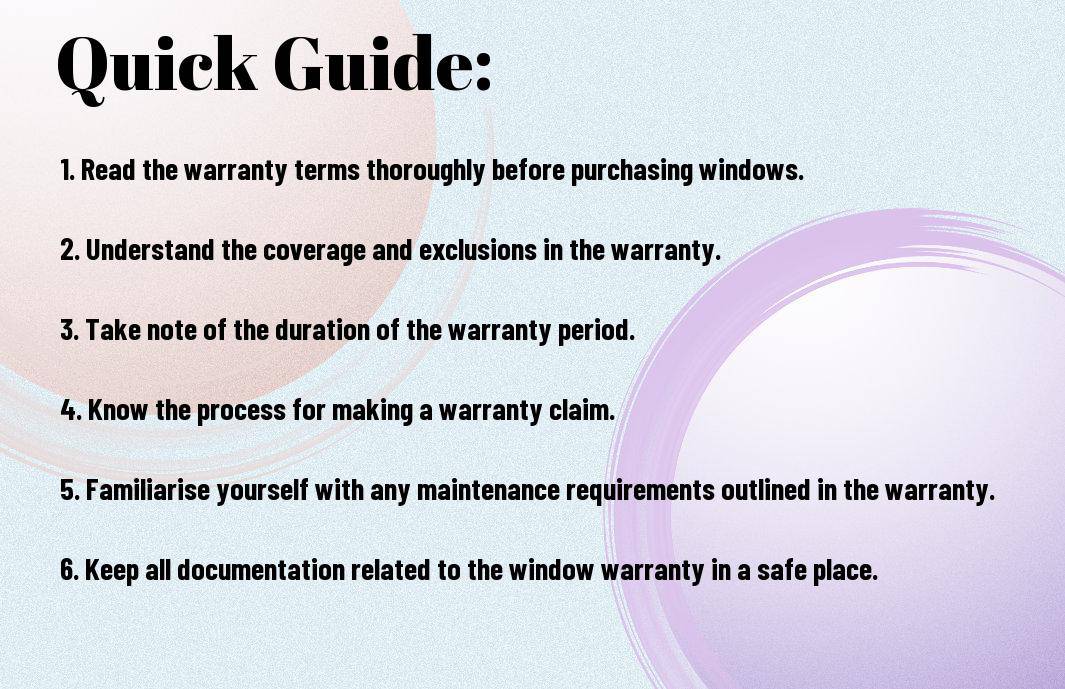
Types of Window Warranties
When it comes to understanding window warranties, it’s essential to familiarise yourself with the different types available. The two main types of window warranties are Manufacturer Warranties and Installation Warranties. Let’s take a closer look at what each of these entails.
- Manufacturer Warranties
- Installation Warranties
This Your Window Warranty, Explained guide provides an in-depth breakdown of window warranty terms and what they mean for you as a homeowner.
| Manufacturer Warranties | Installation Warranties |
|---|---|
| What is covered | What is covered |
| Length of coverage | Length of coverage |
| Exclusions | Exclusions |
| Claim process | Claim process |
| Important details | Important details |
Manufacturer Warranties
Manufacturer warranties are provided by the company that made the windows. They typically cover defects in materials and workmanship for a specified period. It’s important to carefully review the terms and conditions of the manufacturer warranty to understand what is covered and for how long. This type of warranty is crucial in ensuring that you are protected against any faults with the actual windows.
Installation Warranties
Installation warranties are offered by the company or individual who installs the windows. These warranties cover the installation work and ensure that it has been carried out to a satisfactory standard. This is an area where paying attention to the details is particularly important, as any issues arising from poor installation could be excluded from other types of warranty coverage.
It is imperative to check the specifics of installation warranties, as they can vary significantly from one installer to another. Make sure that you understand the length of coverage and any exclusions that may apply.
Factors Influencing Window Warranties
When it comes to understanding window warranties, there are several key factors that can influence the coverage and terms offered by manufacturers. It is important for consumers to be aware of these factors in order to make informed decisions and ensure they are getting the best protection for their investment.
- Material types and expected lifespan
- Geographic considerations and climate impact
- Usage, maintenance, and care guidelines
The type of materials used in the construction of the windows can have a significant impact on the warranty coverage. Additionally, the location of the property and the climate in which the windows will be installed can also influence the warranty terms. Furthermore, the way in which the windows are used and maintained can play a role in the coverage offered.
Any consumer considering the purchase of new windows should carefully consider the factors that can impact the warranty terms to ensure they are making the best decision for their home.
Material Types and Expected Lifespan
The choice of material for windows, such as uPVC, timber, aluminium, can greatly influence the expected lifespan of a window. Different materials have different durability and maintenance requirements, which in turn can affect the warranty coverage.
| Material Type | Expected Lifespan |
|---|---|
| uPVC | 20-25 years |
| Timber | 30-60 years |
| Aluminium | 20-30 years |
| Composite | 25-30 years |
| Steel | 40-50 years |
Any homeowner should carefully consider the expected lifespan of the chosen window material before making a purchase. The warranty terms should align with the expected durability of the windows.
Geographic Considerations and Climate Impact
The location of a property and the climate it is situated in can have a significant impact on the performance and longevity of windows. For example, properties in coastal areas may be more prone to corrosion due to sea spray, while those in high wind areas may require enhanced security features to withstand the elements.
It is essential for homeowners to consider these geographic and climate factors when assessing window warranties to ensure appropriate protection against potential damage.
The geographic and climate factors can greatly influence the performance and durability of windows, which in turn can impact the warranty terms offered by manufacturers. Consumers should carefully assess these factors to make informed decisions when investing in new windows.
Usage, Maintenance, and Care Guidelines
How windows are used and maintained can directly impact their performance and durability. Failure to adhere to manufacturer care guidelines can result in warranty claims being invalidated.
It is crucial for consumers to understand and follow the maintenance and care guidelines provided by manufacturers to preserve the performance and longevity of their windows, and to maintain the validity of their warranties.
Step-By-Step Guide to Assessing Your Window Warranty
When it comes to assessing your window warranty, it’s important to understand the terms and conditions. This can be a daunting task, but with the right information, you can navigate through it with ease. Below is a breakdown of how to assess your window warranty in a step-by-step manner.
| Step 1 | Read through the entire warranty document carefully to understand the coverage and limitations. |
| Step 2 | Identify any key terms and conditions that may affect the validity of the warranty. |
Identifying Key Terms and Conditions
As you review your window warranty, pay close attention to exclusions, duration, transferability, and required maintenance terms. These are critical factors that could impact your warranty coverage. Highlight and make notes of any areas that you may have questions about to discuss with the provider.
Steps to Validate Warranty Compliance
After understanding the key terms and conditions, take the necessary steps to ensure compliance with the warranty. This may involve keeping records of maintenance and repairs, as well as communicating with the manufacturer to address any concerns.
Recognizing the importance of proactive maintenance and communication is vital in ensuring compliance with the warranty terms and maintaining a valid claim.
Tips for Filing a Warranty Claim
When filing a warranty claim, it’s important to follow the procedure outlined in the warranty document. Keep a detailed record of all communication and documented evidence of any issues. Recognizing the importance of thorough documentation and adherence to the claim process can greatly improve the likelihood of a successful claim.
- Keep all receipts and records of maintenance and repairs.
- Contact the manufacturer or installer promptly in case of any issues.

Pros and Cons of Extended Window Warranties
When considering whether to invest in an extended window warranty, it’s important to weigh up the pros and cons before making a decision. Here is a breakdown of the advantages and potential drawbacks of opting for additional coverage.
| Pros | Cons |
| Extended protection against defects and damage | Potential for higher upfront costs |
| Peace of mind with longer-term security for your investment | Possible restrictions on coverage and exclusions |
| Transferability of warranty to future homeowners | Hidden fees and maintenance requirements |
| Opportunity for enhanced resale value of the property | Depreciation of warranty value over time |
| Access to additional customer support and benefits | Potential conflicts with warranty terms and conditions |
| Increased options for customisation and upgrades | Risk of overlapping coverage with existing insurance policies |
| Understanding Home Window Warranties | |
Advantages of Additional Coverage
Opting for an extended window warranty can provide peace of mind and longer-term security for your investment. With protection against defects and damage, as well as the option for transferability to future homeowners, you can enhance the resale value of your property and gain access to additional customer support and benefits.
Potential Drawbacks and Hidden Costs
While extended warranties offer added security, it’s essential to be aware of the potential drawbacks and hidden costs that may come with them. From higher upfront costs and coverage restrictions to hidden fees, maintenance requirements, and the risk of overlapping coverage with existing insurance policies, there are several factors to consider before making a decision.
Understanding the terms and conditions of the warranty is crucial to avoid potential conflicts and ensure that you are fully informed about the extent of coverage and any exclusions.
A Guide to Understanding Window Warranty Terms
In conclusion, it is essential for consumers to have a comprehensive understanding of window warranty terms in order to make informed purchasing decisions and to protect their investment in a new window installation. By being familiar with industry-specific terminology, coverage limitations, and duration of protection, homeowners can confidently select the best warranty option for their needs. It is crucial to carefully review and compare the terms of warranties provided by different window manufacturers and to seek clarification from the supplier if necessary. With this knowledge, consumers can ensure they are making a wise and informed investment in the longevity and performance of their windows. Ultimately, a thorough understanding of window warranty terms is a valuable tool for homeowners in safeguarding their homes and their financial investment in window replacements.
FAQ
Q: What are the key aspects of a window warranty?
A: The key aspects of a window warranty include the length of coverage, what is covered (e.g. glass breakage, seal failure), and any exclusions or limitations.
Q: How long does a typical window warranty last?
A: A typical window warranty lasts anywhere from 10 to 20 years, but this can vary depending on the manufacturer and type of window.
Q: What is covered under a window warranty?
A: Window warranties typically cover defects in materials and workmanship, glass breakage, and seal failure. However, it’s important to carefully review the terms to understand the exact coverage.
Q: What are common exclusions or limitations in window warranties?
A: Common exclusions or limitations may include improper installation, damage from natural disasters, normal wear and tear, and neglect or misuse of the windows.
Q: How can I ensure my window warranty remains valid?
A: To ensure your window warranty remains valid, follow the manufacturer’s installation and maintenance guidelines, keep records of any repairs or maintenance, and promptly address any issues that arise.

